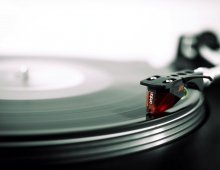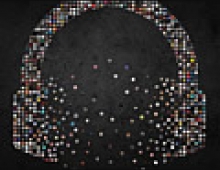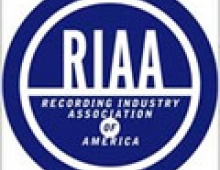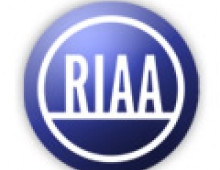
Woman struggling with music downloading lawsuit
Renee Elderd never thought to ask her husband about the music he downloaded and listened to on their computer. Turns out she should have.
Last September, a few months after Elderd's husband moved out, a police officer showed up at her Nashua home with a lawsuit from the recording industry. She was accused of copyright infringement. At first, she didn't understand what the officer was talking about. "I thought I was really in trouble for a minute," the 28-year-old said recently. "I thought he was coming to take me to jail."
Elderd is one of at least four people in New Hampshire and thousands around the country being sued by the music industry for illegally downloading copyright protected music. The lawsuits seek fines and attorneys' fees. The recording companies also want the defendants to stop downloading music illegally and destroy all copies of the pirated recordings.
A lawyer representing the record companies later assured Elderd she wouldn't be locked up, but she was in trouble. She was told she owed thousands of dollars for songs illegally downloaded onto her computer.
And it didn't matter that she didn't do the downloading. The computer, its software and the phone line connecting to the Internet all are in her name. "I'm basically screwed," Elderd said. "He was the one who did all that, and now I can't do anything about it." It's a sentiment expressed by many being sued.
But Jonathan Lamy, vice president of communications for the Recording Industry Association of America, has said the explosion of illegal downloading services made it necessary for the industry to do something. And industry executives say the lawsuits help reduce illegal downloading and file-sharing, which they say cost the industry more than $4 billion a year.
Elderd is one of at least four people in New Hampshire and thousands around the country being sued by the music industry for illegally downloading copyright protected music. The lawsuits seek fines and attorneys' fees. The recording companies also want the defendants to stop downloading music illegally and destroy all copies of the pirated recordings.
A lawyer representing the record companies later assured Elderd she wouldn't be locked up, but she was in trouble. She was told she owed thousands of dollars for songs illegally downloaded onto her computer.
And it didn't matter that she didn't do the downloading. The computer, its software and the phone line connecting to the Internet all are in her name. "I'm basically screwed," Elderd said. "He was the one who did all that, and now I can't do anything about it." It's a sentiment expressed by many being sued.
But Jonathan Lamy, vice president of communications for the Recording Industry Association of America, has said the explosion of illegal downloading services made it necessary for the industry to do something. And industry executives say the lawsuits help reduce illegal downloading and file-sharing, which they say cost the industry more than $4 billion a year.




















